One World Festival
WE ARE ONE WORLD

The COVID-19 pandemic has brought into even sharper focus the many inequalities and injustices in the world, but it has also shown the incredible power of solidarity. This crisis has highlighted our interconnectedness, how easily all of our lives can be disrupted or threatened, and how we cannot say we are safe unless that is true for all of us.
Thanks for joining us for One World Festival 2020 to stand in solidarity with those for whom injustice, poverty, hunger and inequality are still a factor of daily life, both around the world and here at home.
Empowering Uganda’s youth
for a better future
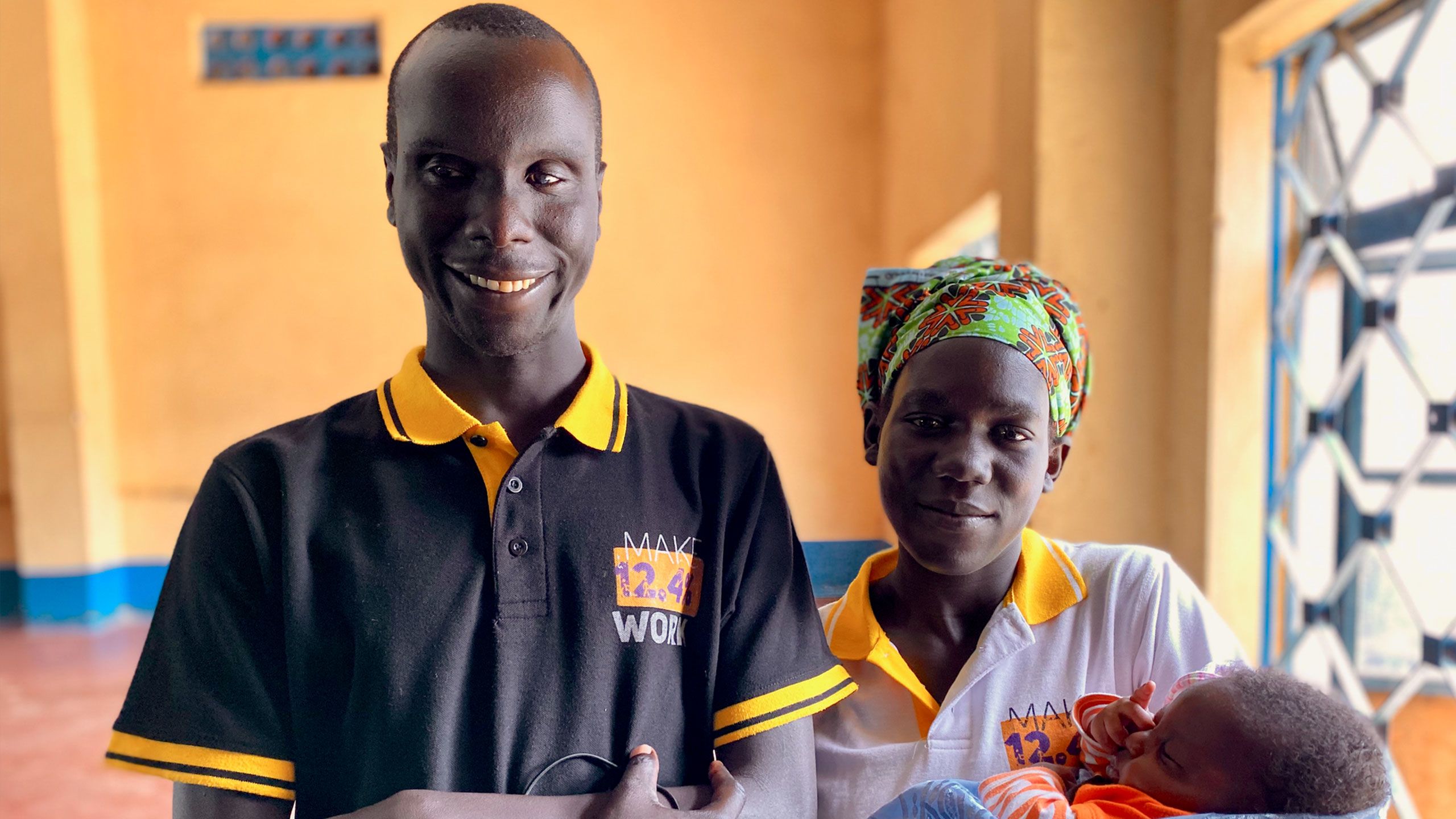
The Youth Ignite Change project, which we run with our partners IFRAD and UYONET, gets young people in Uganda involved in civil society and politics so they can campaign for human rights, greater opportunities and a better quality of life. Jobs for young Ugandans are scarce – even for those with an education. Youth Ignite provides entrepreneurship, business skills and teamwork training, and helps young people make professional connections.
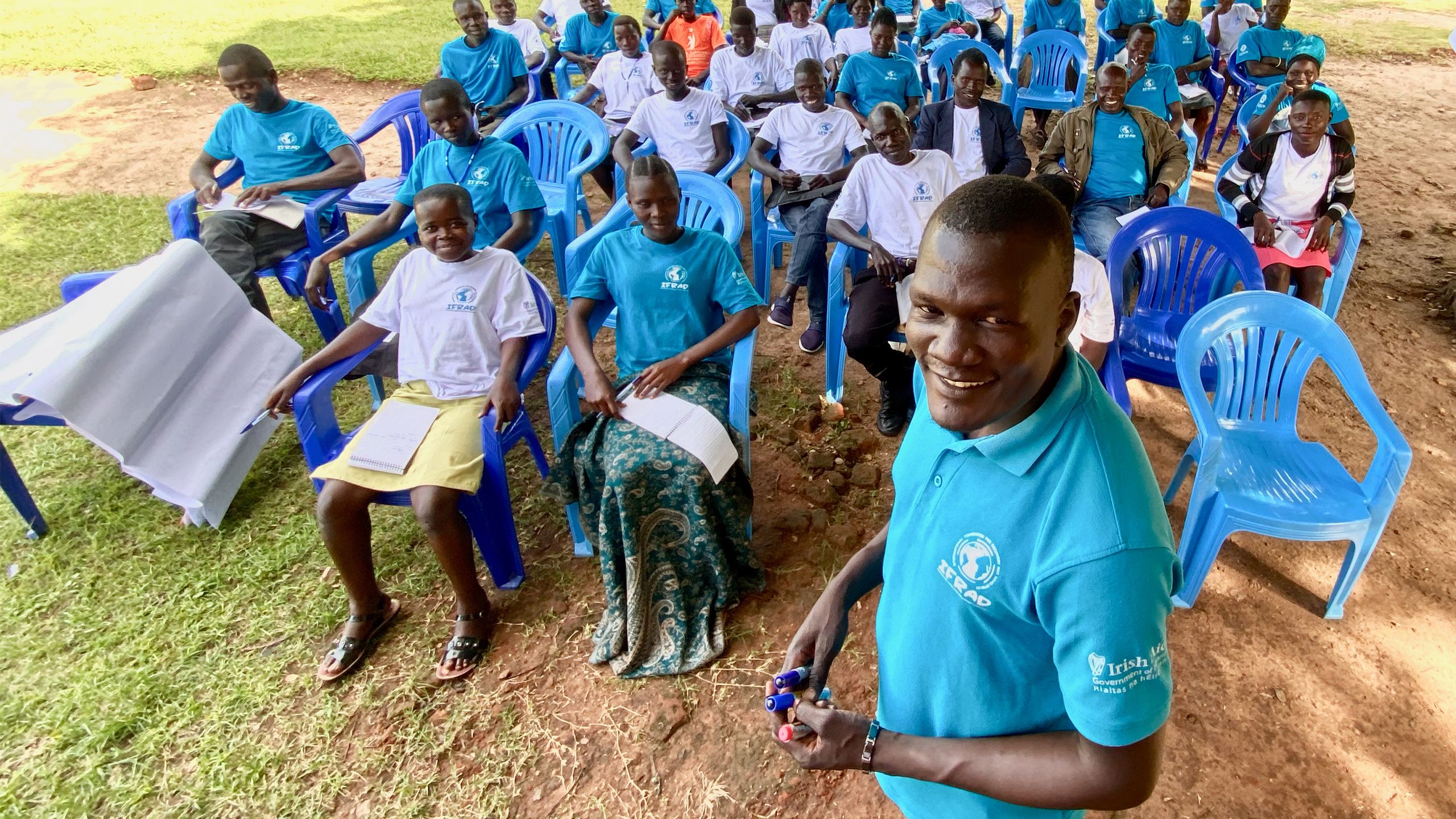
As a result of this training, the youth leaders feel confident enough to influence local authorities to tackle other issues their communities face, such as teenage pregnancy, child marriage and services for people with disabilities (PWD).
Among those we worked with last year were Mercy Ocotoco and Chris Osooti, both of whom are visually impaired. Having completed our Youth Ignite Change programme, these youth leaders now actively advocate on behalf of PWD. Chris, who sits on the local community services committee that oversees how government grants for PWD are disbursed, said most people do not believe that a sight-impaired person can work, or do a job to a high standard. However, Chris – who manages several fishponds and grows cassava – is proof that PWD can also contribute significantly to society. He encourages other people to follow his lead, adding: “If there are no jobs for us, we will fend for ourselves.”
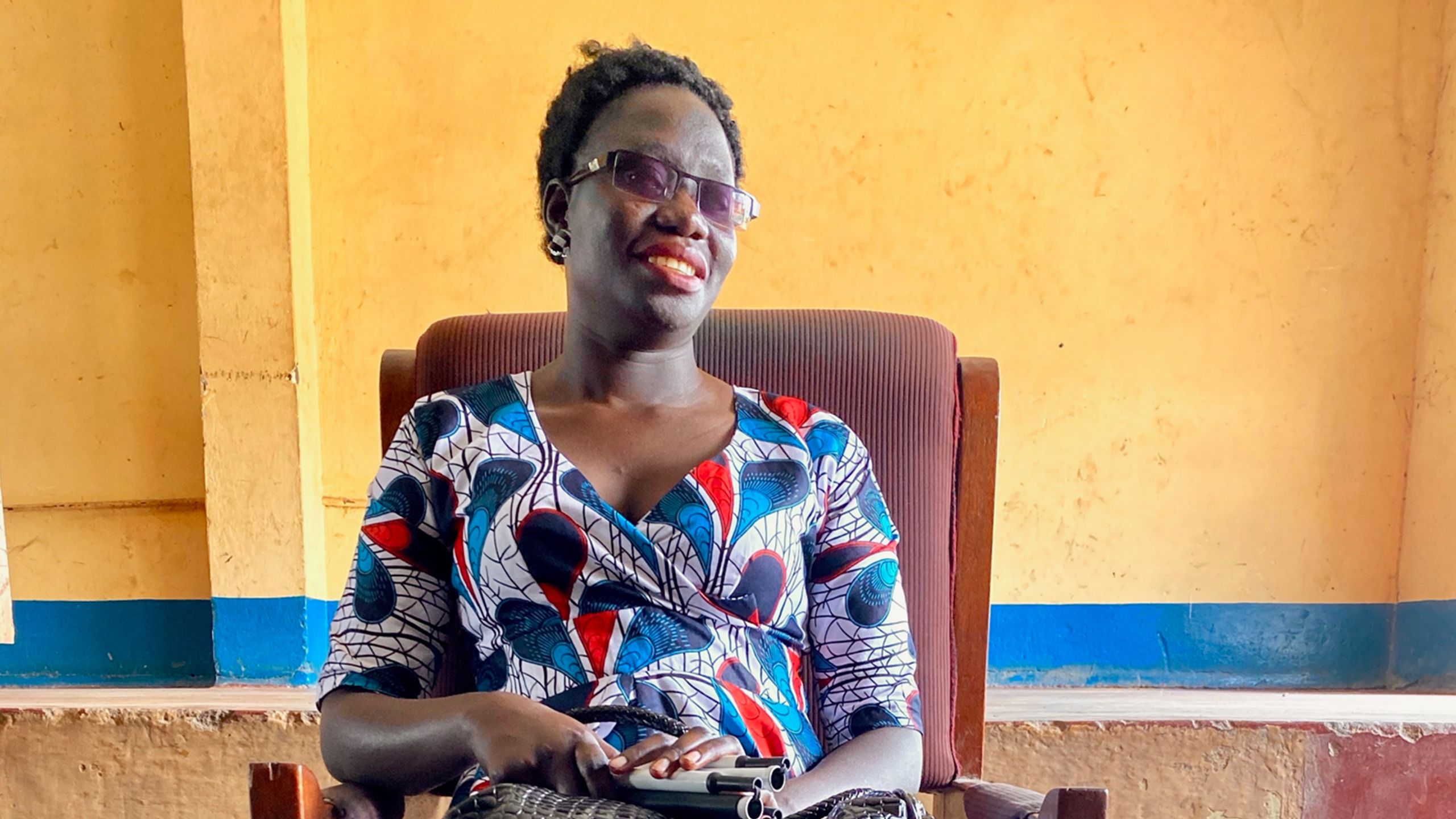
Mercy Ocotoco has a regular radio slot.
Mercy Ocotoco has a regular radio slot.
Meanwhile, Mercy features on local radio stations at least once a month to talk about disability. Despite her sight impairment, she is comfortable with the media. “We used to fear speaking out, but not anymore,” she said. Mercy also feels that there has been a change of attitude in the district as health facilities are now more sensitive in how they deliver services for PWD. Despite there still being a long way to go, the two young leaders want to collaborate with other organisations that advocate for PWD so that they can bring the programme to other communities.
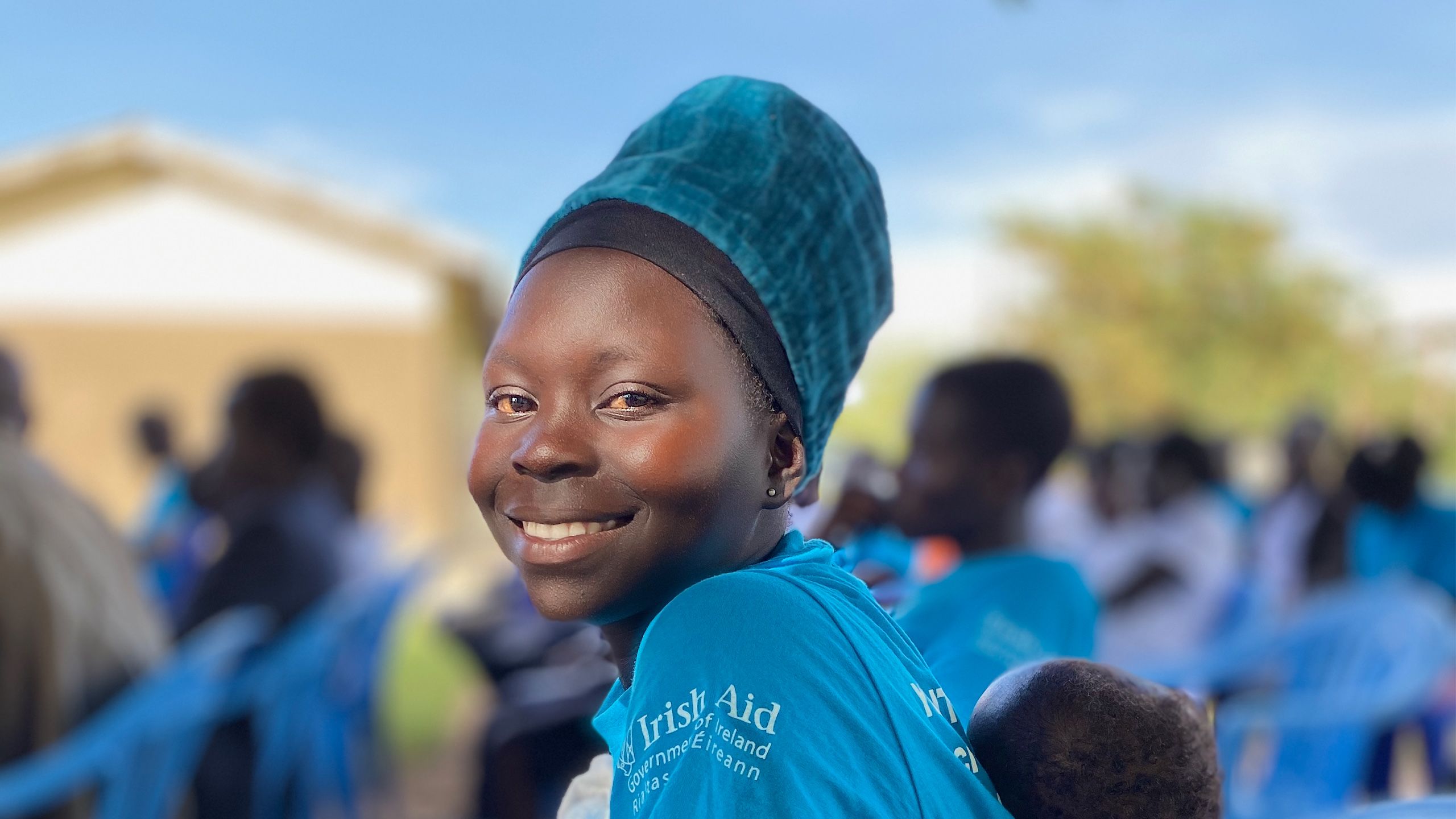
A young entrepreneurs training session supported by Oxfam and organised by IFRAD in Arua District, Uganda
A young entrepreneurs training session supported by Oxfam and organised by IFRAD in Arua District, Uganda
bringing hope to Rwanda’s prisoners
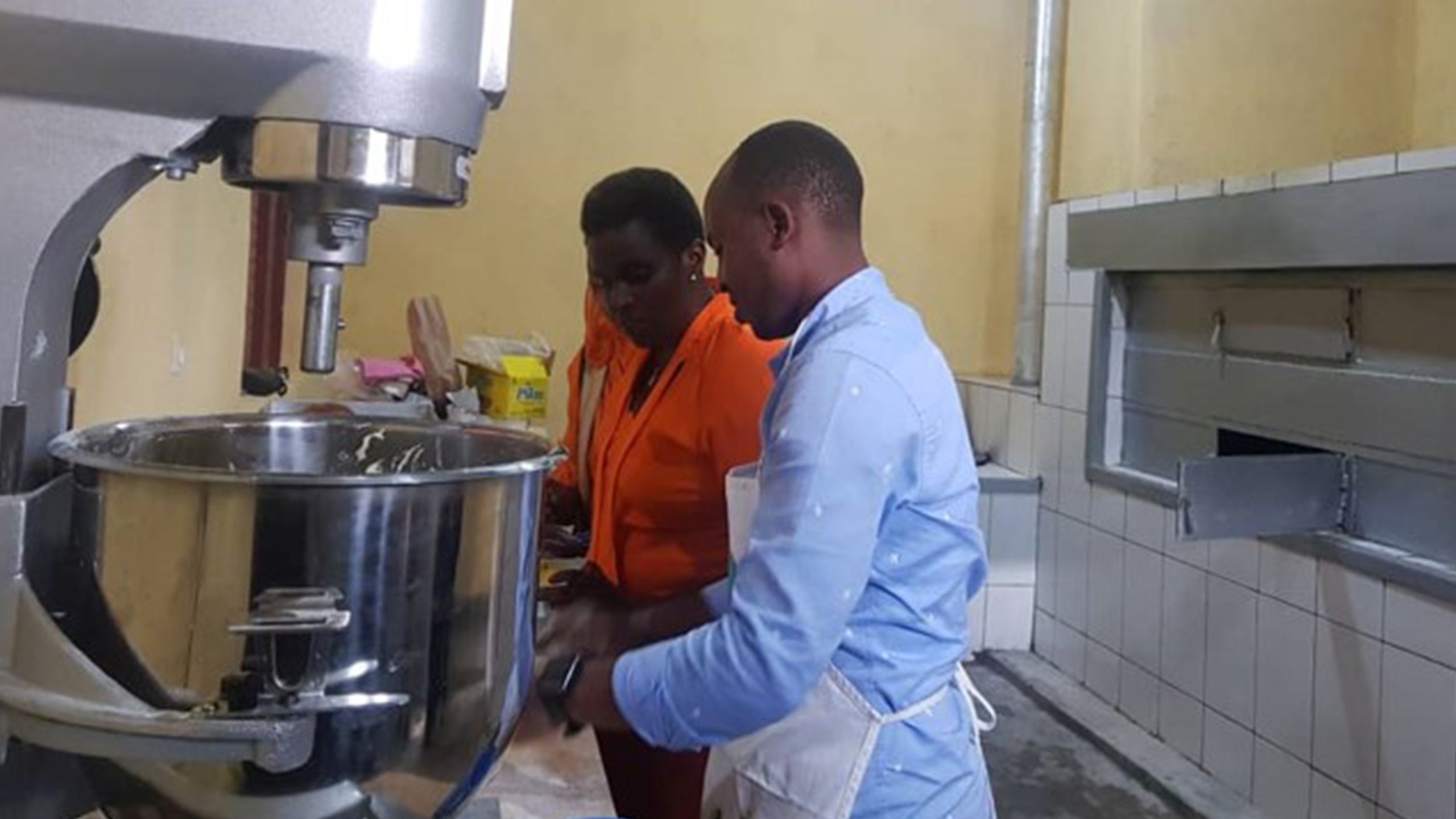
Imprisonment and poverty are inextricably linked. It is a vicious cycle – poverty is a leading driver of incarceration, and incarceration is a leading driver of poverty. Researchers have found that growing up in poverty significantly increases the likelihood of jail time. A study from the US, one of the world’s wealthiest countries, found that over three-quarters of former inmates who had no education leaving prison found themselves in the bottom 20 percent of income earners 20 years after being released. The study found that one-third of these former inmates would end up back in jail at some point in their lives. In Rwanda, an estimated 40 percent of people live on less than two US dollars a day. The country has the highest prison population in Africa – and while life behind bars is tough, leaving prison can be even harder. The stigma of being an ex-prisoner is a major challenge. Former inmates returning to their communities not only face unemployment, but difficulties around reintegration. They lack training and social skills, putting them at a severe disadvantage and leaving them vulnerable to a lifetime of poverty. Left unchecked, many end up returning to prison for committing new offences.
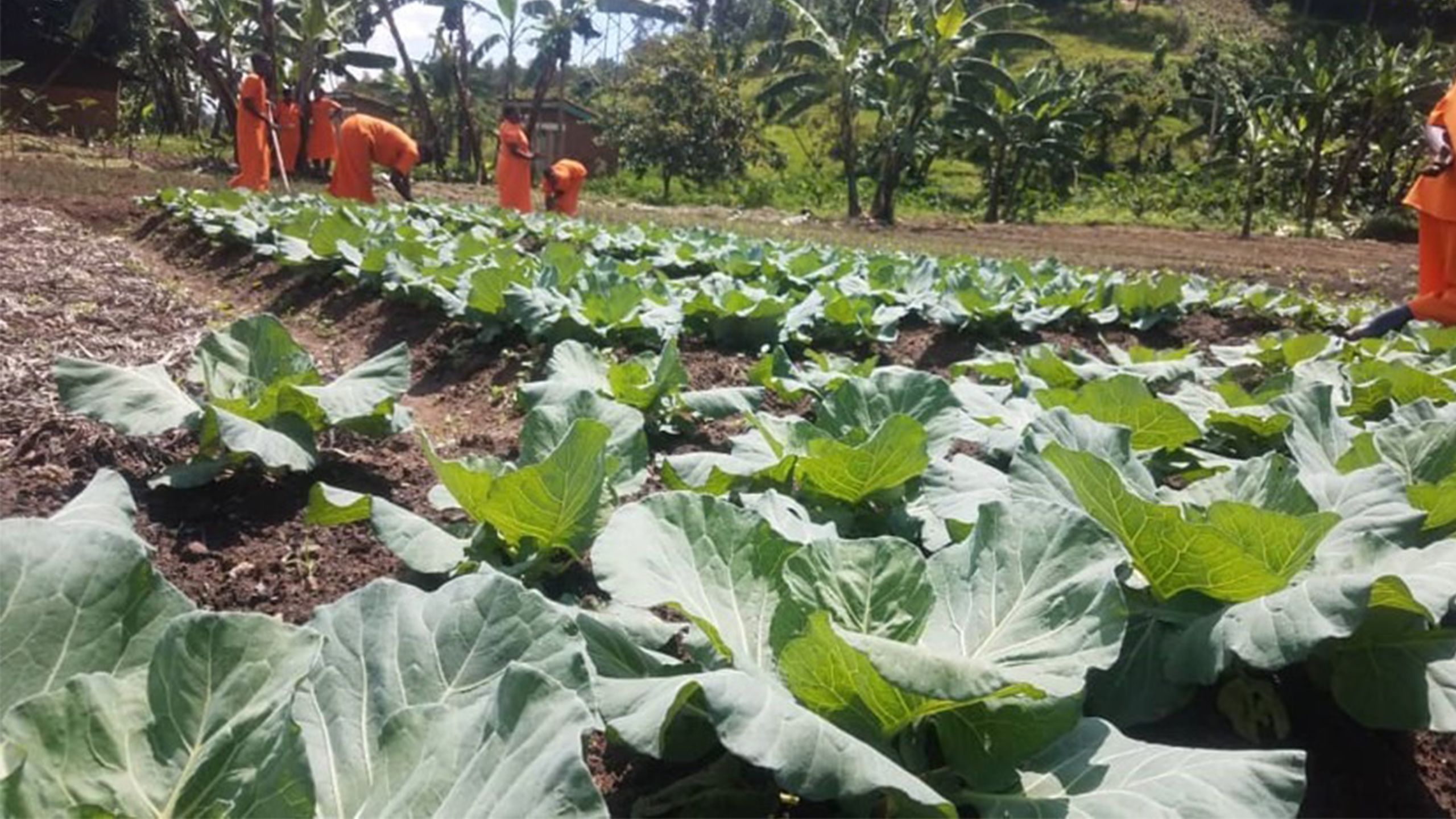
Inmates tending to their gardens, having received agricultural training through the TVET scheme
Inmates tending to their gardens, having received agricultural training through the TVET scheme
We are working with a partner in Rwanda on a multiannual project to break that cycle by providing female and young prisoners with Technical and Vocational Education and Training (TVET) to become tailors, hairdressers, farmers, bakers, carpenters and welders. This means that they re-enter Rwandan society with the skills they need to earn an income and support themselves, benefitting both their financial and mental health. In addition, we connect ex-inmates with the co-operatives involved in our other projects. Our partner, the Catholic Diocese of Byumba, also supports prisoners upon their release to ensure a smooth transition back into their villages. In addition, we support active listening sessions for former inmates and members of their communities. These community support measures help reduce the likelihood of re-offending. The inmates of the participating prisons across Rwanda say that the project will help them to live a life of dignity while reintegrating into the communities of their respective families.
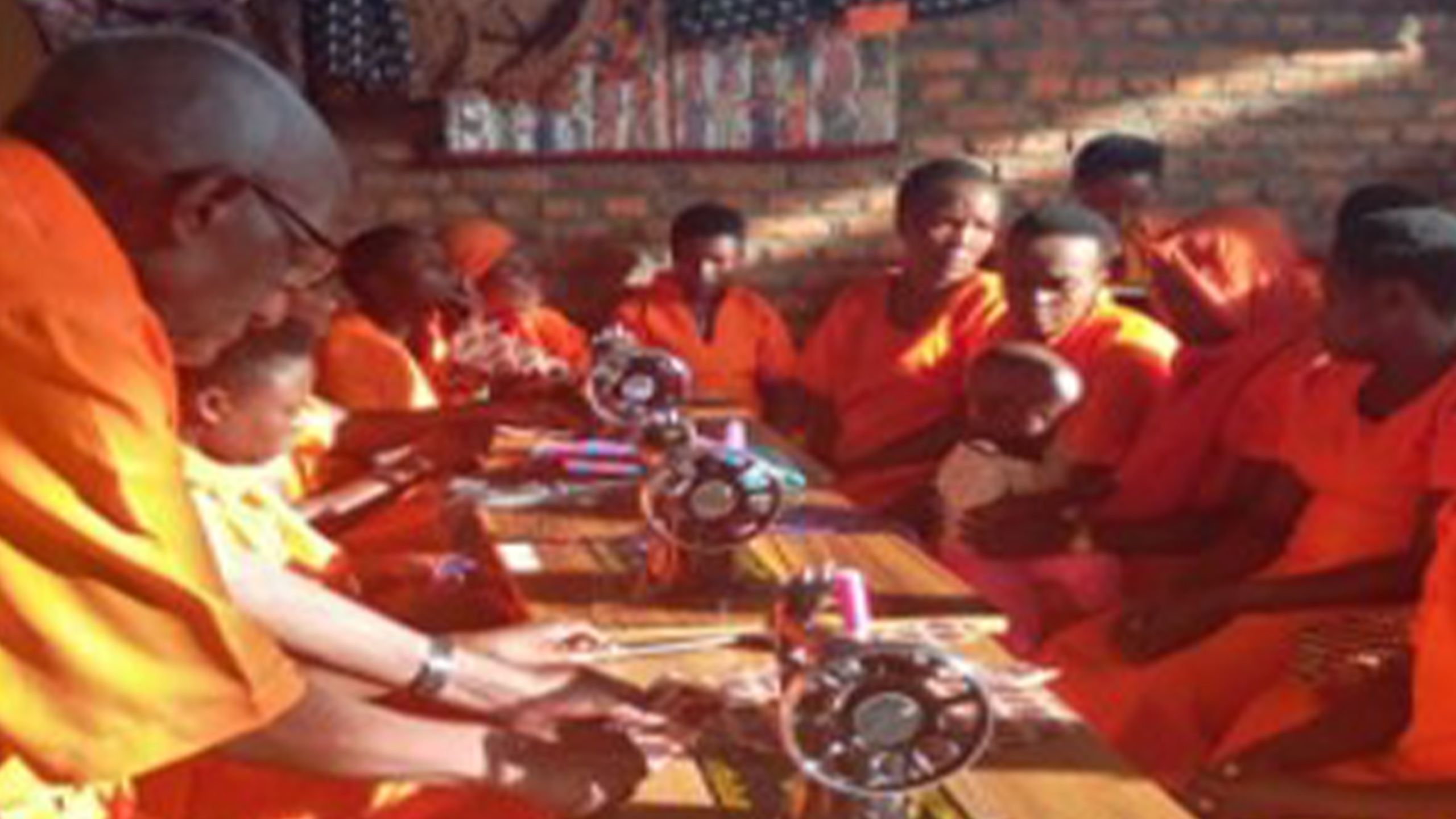
Hands-on tailoring training
Hands-on tailoring training
One prisoner added: “Most of the time many people return to prison as a result of committing crimes connected to lacking employment after being released." The project has been welcomed by the Rwandan Correctional Service and the Ministry of Justice, making it an ideal model to replicate in other countries. The Rwandan government has also committed to scaling up this work in other prisons across the country. Father Augustin Nzabonimana of the Catholic Diocese of Byumba said that “the goal of this project is to provide rehabilitation facilities to inmates that will help them consider new hands-on skills and new insight into their goals and motivations to continues throughout their life, even after they have left the prison”.
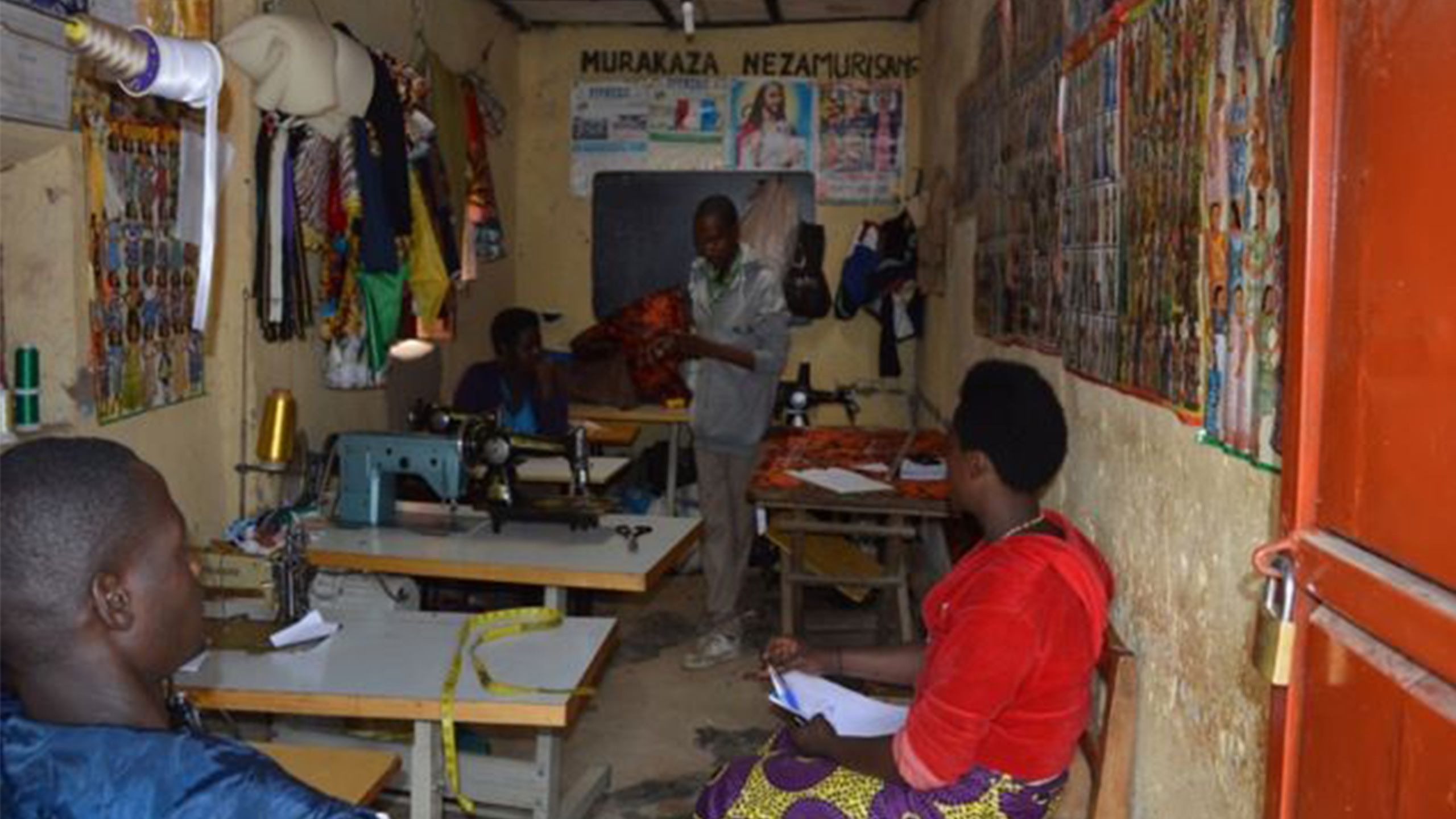
Ex-inmate Musabyimana Joselyne has been linked to the tailoring cooperative in Rubaya sector, enabling her to earn a living upon release from prison
Ex-inmate Musabyimana Joselyne has been linked to the tailoring cooperative in Rubaya sector, enabling her to earn a living upon release from prison
He added that “adjusting to life after prison successfully has many variables. Having a support system within and after prison in the community helps an ex-offender stay an ex-offender”.
On Culture Night 2020 we hosted an evening of readings with Oxfam Books on the theme of global solidarity with Oxfam staff from around the world, our volunteers and local writers. Watch back and enjoy:
Oxfam Ireland is working to protect families in Gaza

" The Covid-19 crisis has highlighted our interconnectedness – how easily all of our lives can be disrupted or threatened, and how we cannot say we are safe if that is not true for all of us, especially those most at-risk among us. If we cannot offer a helping hand and solidarity with the most vulnerable during this global crisis, we go against our undeniable interconnectedness as people."
- Colm Byrne, Humanitarian Manager with Oxfam Ireland
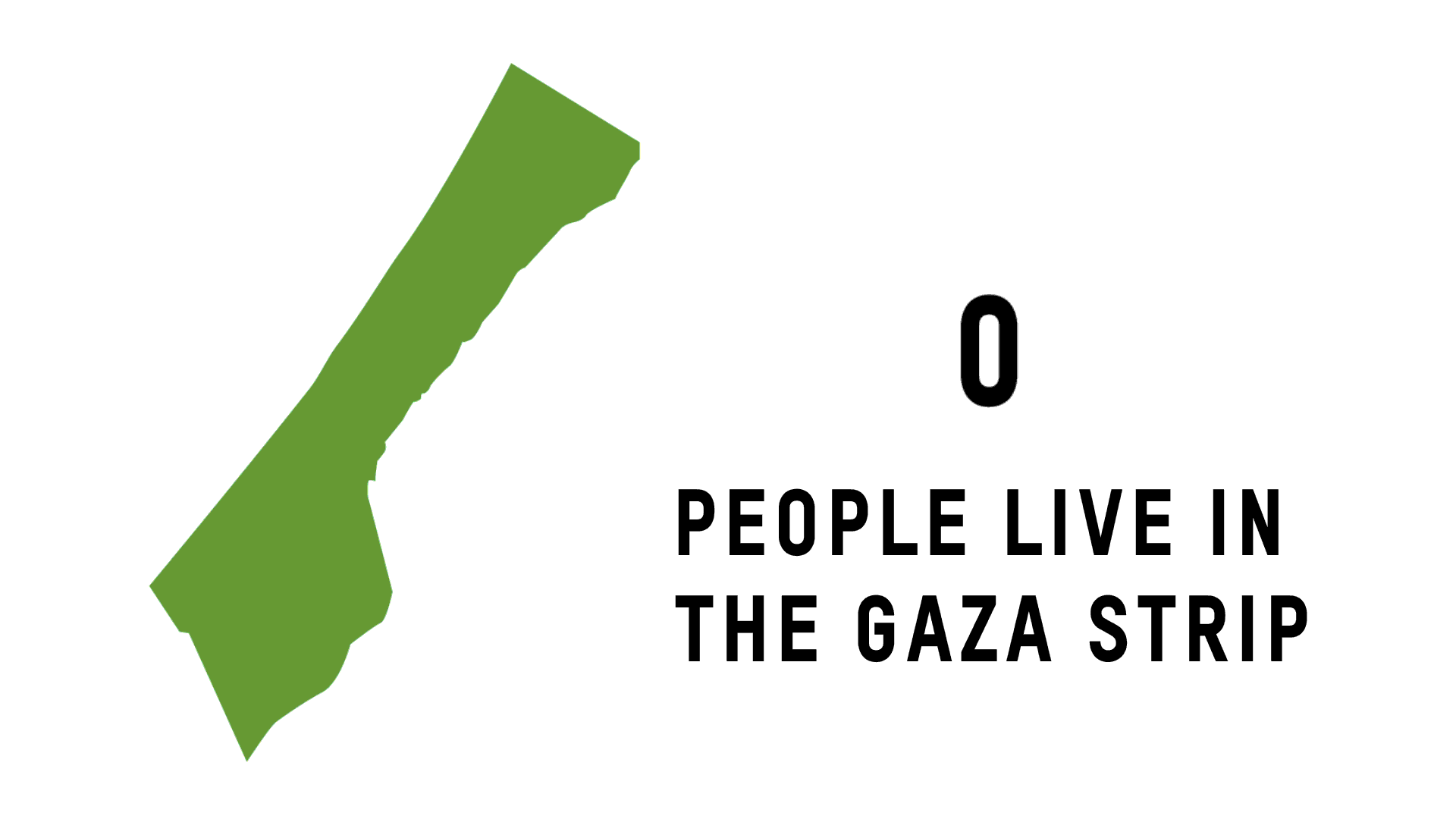
On March 5th, the Palestinian Authority declared a state of emergency in response to the first cases of novel coronavirus (Covid-19). With two million people living in the Gaza Strip, it is one of the most densely populated areas in the world. On March 21st, the first two cases of Covid-19 were detected in the Gaza Strip – and as of October 13th, John Hopkins University reported 44,684 confirmed cases in the West Bank and Gaza. However, the first case of community transmission of Covid-19 in the Gaza Strip wasn’t recorded until the 23rd August – showing that early and effective interventions work at slowing and containing the virus.
In April, with support from the Government of Ireland, Oxfam mobilised teams to urgently respond to the threat of Covid-19 and start the process of procuring and delivering essential supplies to protect the lives of the near two million Gazans trapped in the Strip.
Overcrowding in the sealed-off coastal enclave, where 5,000 people live per square kilometre, makes physical distancing impossible and rapid transmission a certainty.
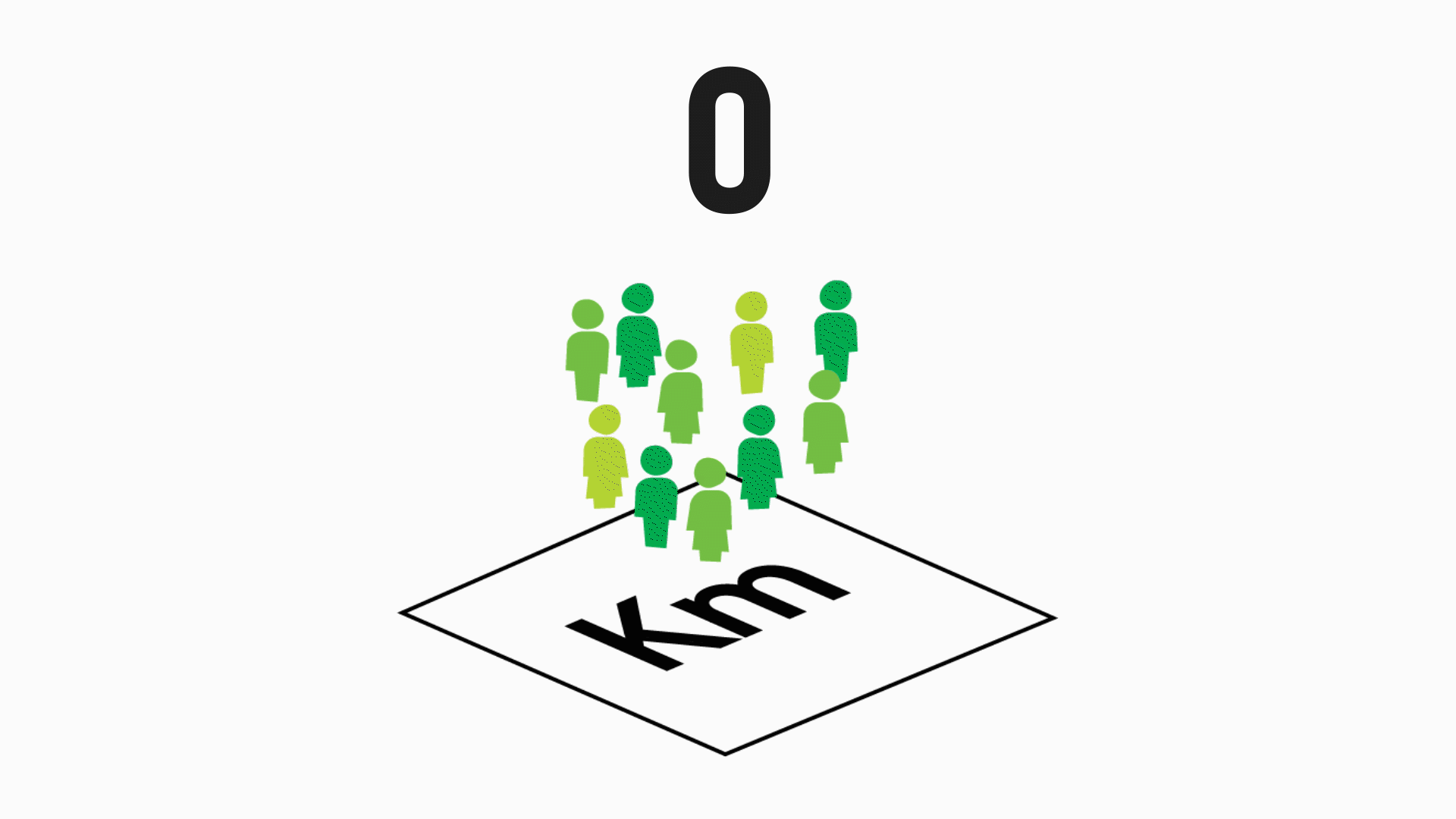
This puts more people at risk, especially those with pre-existing conditions. Working with Irish Aid to utilise the Emergency Response Fund Scheme (ERFS), our teams were able to urgently reach those most in need in Gaza. The emergency grant supported schools, which are being used as quarantine centres, as well as supplying protective equipment for critical frontline staff in healthcare facilities.
First cases of community-transmitted #COVID19 cases found in #Gaza, which is now under lockdown. On top of this, Gaza has faced shelling by Israeli forces for the last two weeks.
— Oxfam International (@Oxfam) August 28, 2020
Read more: https://t.co/mNRw8dnsXz
Oxfam's Laila Barhoum reports from her rooftop...
Watch 👇🏽 pic.twitter.com/2kRXNibUZK
Oxfam’s immediate priority was to reduce the risk of Covid-19 rapidly spreading among vulnerable communities in the Gaza Strip. To do this, it was critical to ensure quarantine centres had sufficient water and sanitation systems and were stocked with essential medical supplies. It was also critical to carry out life-saving hygiene promotion in the communities we work with – thankfully, we reached over 450,000 people with messaging on-line and in print.
The lockdown is pushing more of Gaza’s already extremely vulnerable families into poverty. Families are running out of food, and with electricity shortages, they can no longer store in refrigerators. Power cuts mean that private water vendors are also overwhelmed with demand at a time when hygiene is crucial to keep people from contracting the virus.
For many years, Oxfam has continued to work on maintaining and repairing the water distribution network in Gaza. Oxfam teams in Gaza are also finalising the maintenance of more than a dozen public water taps in vulnerable areas. We are gravely concerned about the deep impact Covid-19 will have on the women, men, and children already living under immense pressure from the economic repercussions of the blockade, the lack of clean water, and a very fragile health system.
We must stand
and act in solidarity
with the People of Yemen
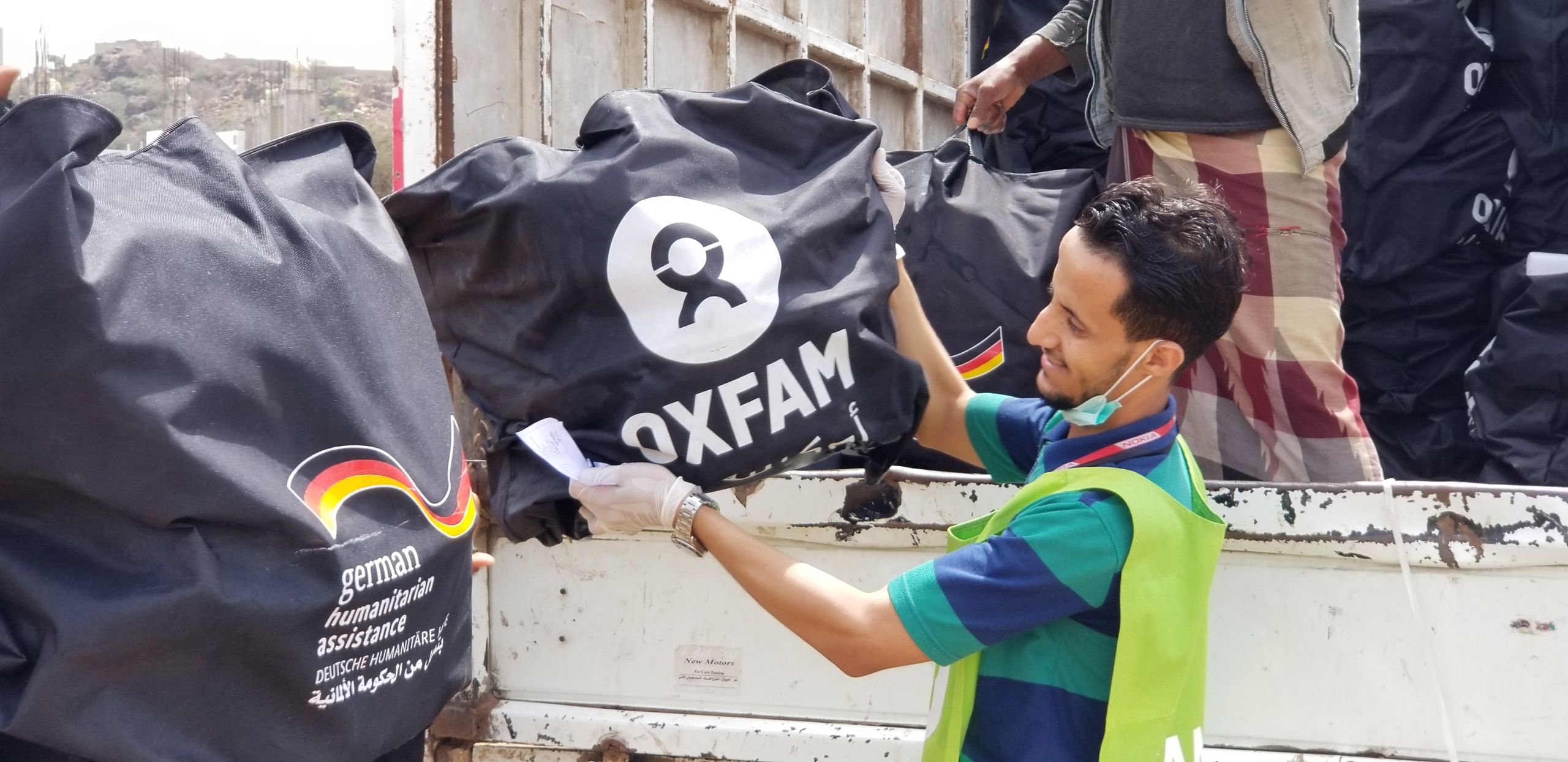
This year, donors have given the equivalent of 21 cents per day for each of the 24.3 million people in need in Yemen. This is almost half the amount given last year even though the number of people in need in Yemen has risen from 22.2 million to 24.3 million. The dramatic cuts come despite Covid-19 heaping further challenges on a country already suffering the world’s worst humanitarian disaster.
In contrast to some donors cutting their contribution to the Yemen Humanitarian Response Plan by almost 50 percent in 2020, the Irish government has nearly matched its 2019 commitment – which must be commended – making Ireland one of only 29 countries to respond to the 2020 appeal. More than five years of conflict, the destruction of homes and basic infrastructure, in addition to increased prices of food and a lack of job opportunities, have all contributed to leave a population deprived of the essentials, including food, clean water and healthcare. More than a third of the UN’s humanitarian programmes have already been cut back, with some completely shut down between April and August due to the funding shortage. Cuts include a reduction in services at 300 health centres and in food distributions across the country. In real terms, the impact of the cut in aid is likely to be even greater than it appears because a depreciation in the Yemeni Rial has pushed up prices beyond the reach of millions.
In Yemen, 21 cents would buy 200 grams of kidney beans or three eggs, according to the latest available market data, from July. Since the confirmation of cases of coronavirus in Yemen in April, Oxfam has refocused its work to respond to the pandemic. We are distributing hygiene kits for the most vulnerable households, and trucking in clean water to camps for people who have had to flee their homes. We have also given cash for food to families. Across Yemen, we’re training community health volunteers to spread the word about Covid-19 and the importance of hygiene and hand washing. We also provide cash grants to small businesses and farmers, as well as providing cash for work projects that allow people to be paid for rehabilitating essential infrastructure such as roads and water systems.
In response to this dire shortage in funding, which will result in even further suffering, Oxfam Ireland’s winter appeal will focus on Yemen. Funds raised through our winter appeal will support the distribution of cash transfers, vouchers, and cash-for-work projects, hygiene packs and the rehabilitation of infrastructure to ensure access to clean, safe water – supporting and protecting the people of Yemen and other communities most in need across the world. The people of Yemen need our solidarity now more than ever before.
Zimbabwe
Gender-based violence,
a survivor speaks out
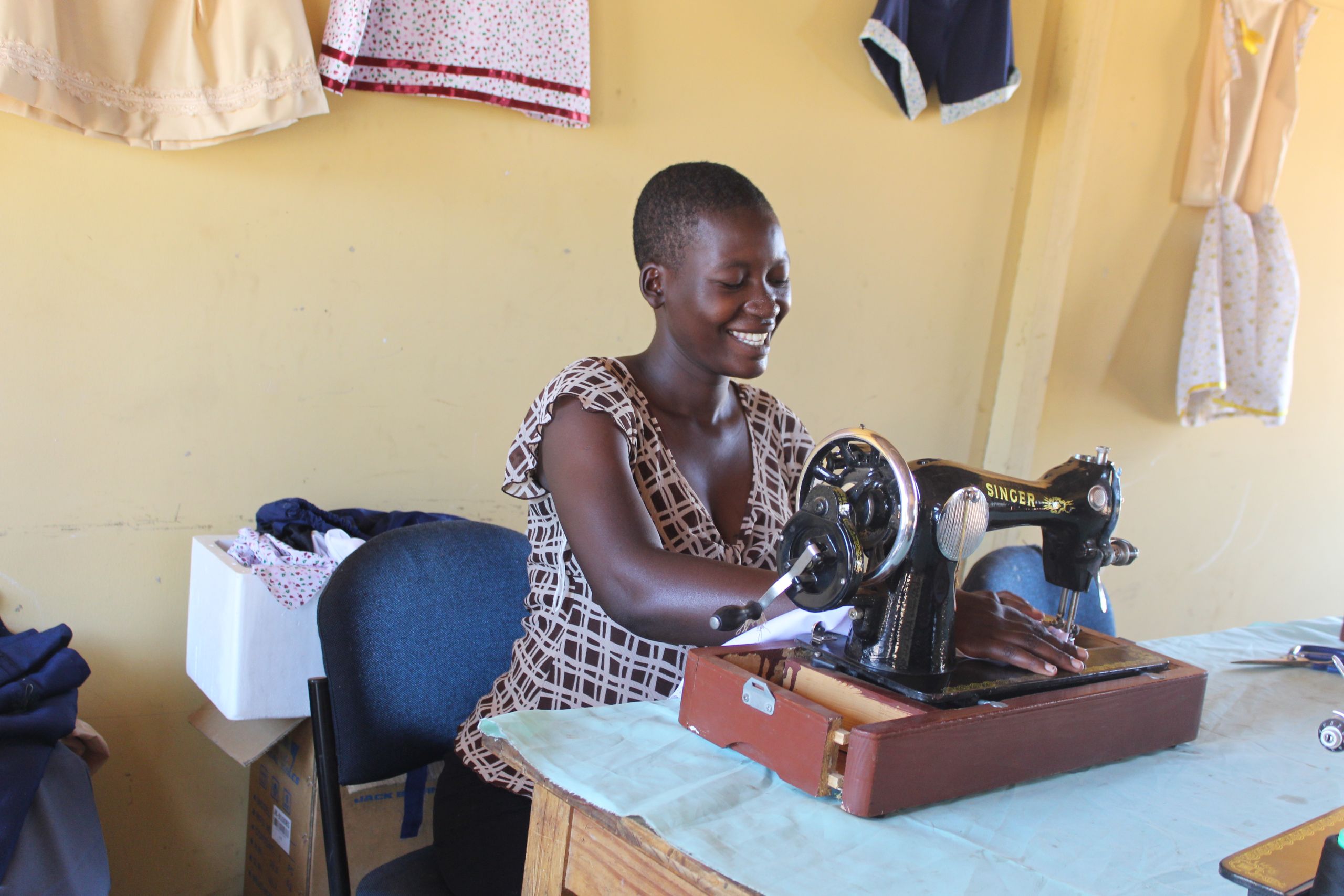
Growing up, all Anera Mbowa ever wanted to do was be a teacher. Born and bred in Chivi District in Masvingo Province, Zimbabwe, she would watch in admiration as her primary school teacher took them through a term’s syllabus. She had made up her mind; she would follow in her teacher’s footsteps. But what lay ahead was a different and difficult journey.
In 2017, Anera met her supposed knight in shining armour – he was charming. But three months into the marriage, everything changed. Her husband became her abuser.
Anera dreaded her husband coming home from work every day: “My husband would beat me with whatever was near him. Every day he would come back from work with different issues that would end up with me lying on the floor in excruciating pain, bleeding.
“My husband would not even allow me to talk and mingle with neighbours. I would get a beating for just greeting a colleague – he would be watching from his class since we worked in the same school. He would send notes with warnings that I was going to pay for misbehaving.
“The beatings escalated to the extent that I lost my first baby to a miscarriage due to the abuse. I had nowhere to go. My parents did not want me back at home; they reprimanded me and said I was embarrassing them by running away from my marriage.
“The abuse did not stop until August this year (2019) when I told myself that enough was enough and left him. I went straight to my parents’ house and when they refused to let me in, I contacted Musasa and was allowed into the shelter they have in Mwenezi district.
After she arrived at Musasa shelter, Anera (24) realised that she was three months’ pregnant.
“When I was admitted in the shelter, I was stressed but I managed to get counselling from the team at Musasa. I was assisted psychologically – from nights full of tears to nights full of laughter.
“I have made friends with whom I can talk to and share my stories with, and I wish to continue with my dressmaking skills and transform it into a business. My baby will be born in January and that’s when I plan on leaving the shelter to pursue dressmaking.”
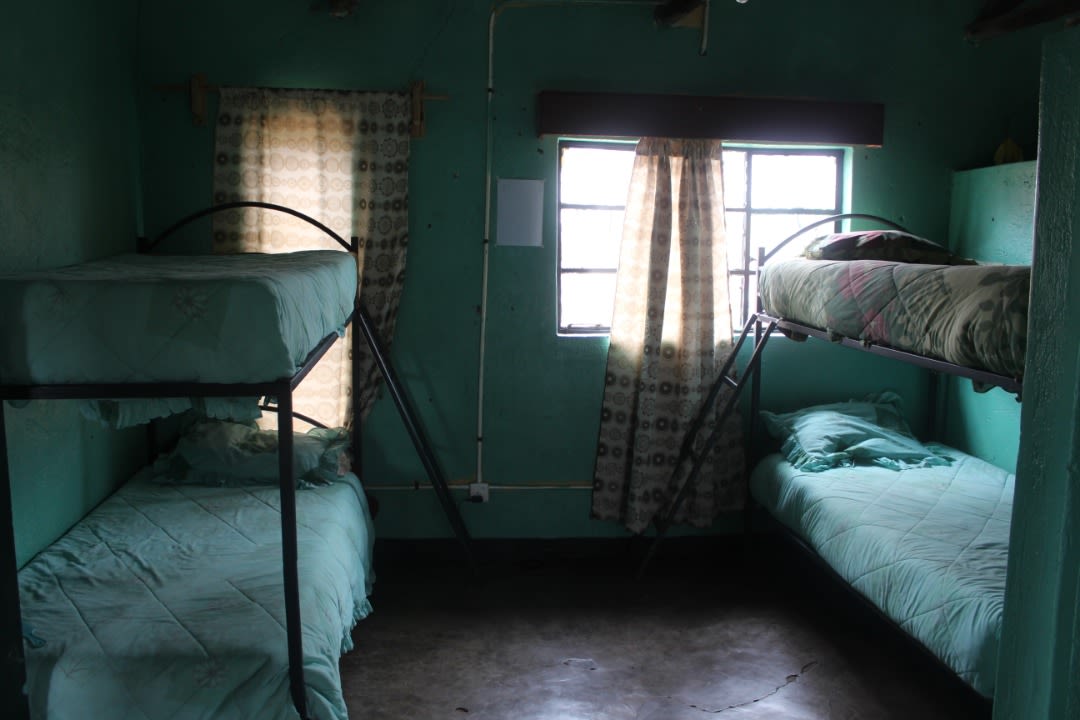
Musasa provides a safe haven for survivors of GBV. Residents are cared for, receive counselling and learn new skills – such as tailoring or horticulture – so that they can live independently in the future. Photos: Whelma Villar-Kennedy/Oxfam
Musasa provides a safe haven for survivors of GBV. Residents are cared for, receive counselling and learn new skills – such as tailoring or horticulture – so that they can live independently in the future. Photos: Whelma Villar-Kennedy/Oxfam
Anera is among the many survivors of gender-based violence who have received shelter, counselling and skills training from Musasa. Her new tailoring skills means she can support herself and her baby when she leaves the shelter.
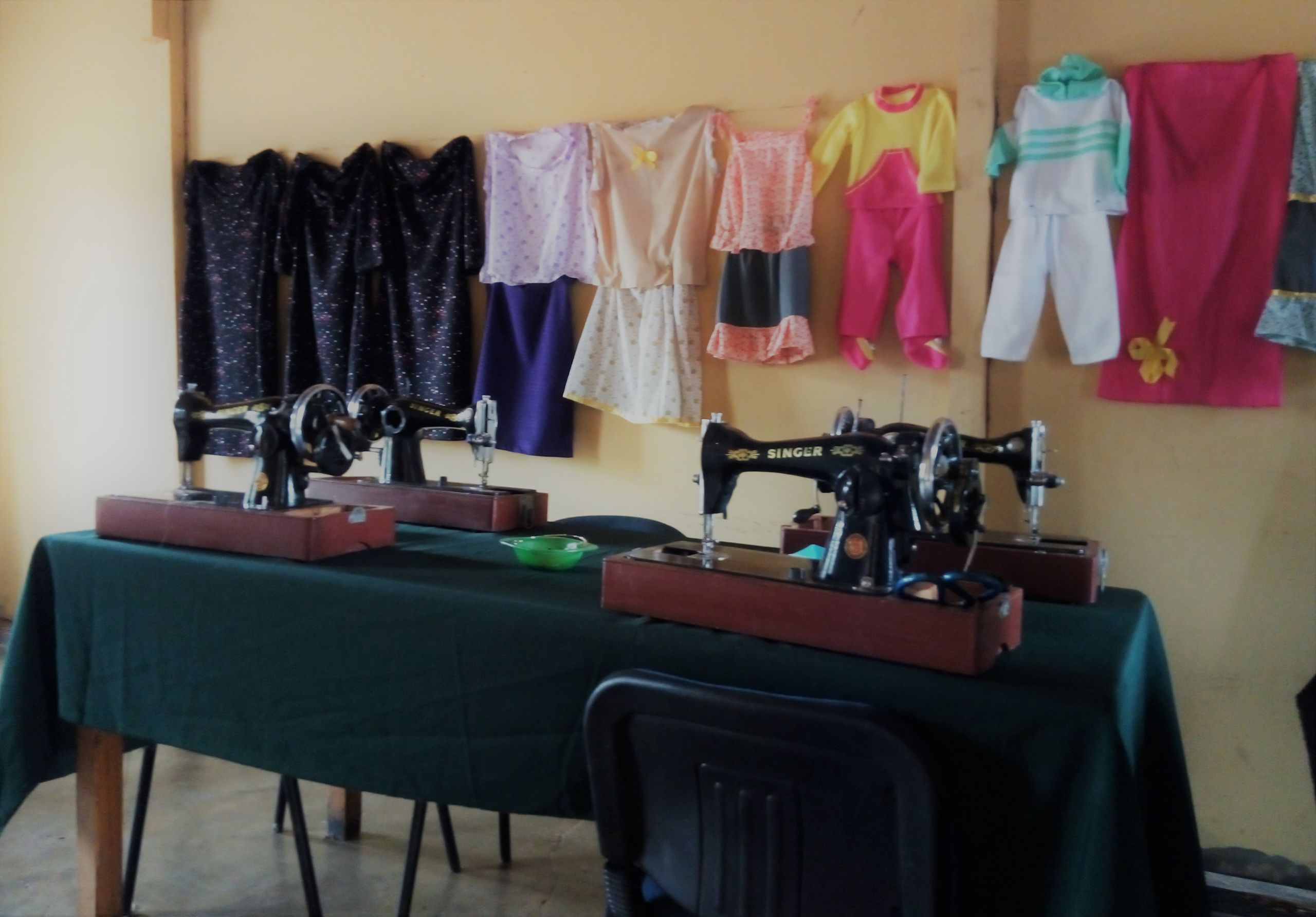
Many women in Zimbabwe have suffered at the hands of abusive husbands because their families have given them refuge to hide from their abusers. Negative social norms that discourage women from leaving their violent husbands have led to miscarriages – and even death.
Alongside our partner Musasa, we envision a safe and just world where women and girls are in control of their lives and live free from violence.



